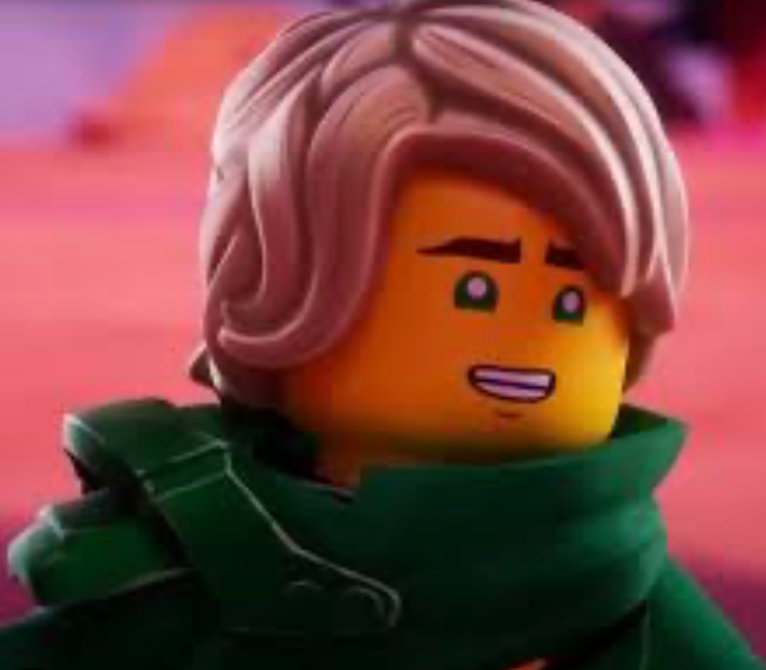Community
- sn pubs
- Jan 22, 2025
- 4 min read
Updated: Jan 27, 2025

Community is an American sitcom series created by Dan Harmon. It aired a total of 110 episodes over the span of 16 years, and is, without question, one of the best, heartwarming sitcoms I have ever watched.
The plot of Community essentially revolves around a group of 6 characters who attend Glendale Community College, and each episode involves one of the situations or antics the “study group” find themselves in. The show utilizes meta-humour and pop culture references, and it ultimately acts as a big homage to the creator's love for television and media.
Despite it sounding pretty much like your average American television show, which was also what I thought when starting, I quickly discovered Community’s charm.
Community’s use of meta humour, which is also known as self-referential humour, a kind of comedy where a degree of self-awareness is shown towards a topic, makes the watcher feel as though they are sharing inside jokes with the characters themselves. There are multiple fourth-wall breaks, in which characters will make reference to the fact that they know and acknowledge that they are in a sitcom, which elicits chuckles, and a degree of inclusion felt by viewers. This unique sense of humour is rarely found in other shows, where characters almost always stay within the rigid premise of the show, and the viewer is rarely acknowledged. Yet Community strays from that, and in doing so makes itself all the more memorable.
If you are an avid consumer of popular culture or media, you will surely identify and recognize certain quips or jokes within Community. There’s a running gag where Beetlejuice makes an appearance in the background of an episode after his name is said for the third time in the show, as well as guest appearances from famous singers and actors throughout, and so on and so forth. This once again helps to provoke a sense of inclusivity, by making the viewer feel as though they can follow along with an inside joke. Once more, this is something your typical sitcom does not do- references to the outside world are usually avoided, yet Community embraces this wholeheartedly.
Community also pokes fun at the stereotypes of different shows and media, from the whole Western-cowboy-action genre to the sombreness of a romance, and it covers a wide breadth of variations in the 100+ episodes it has aired. Some episodes are just plain silly; an entire Dungeons-and-dragons roleplay episode, or an entire episode done in stop motion with clay figurines. Every time you think the show has outdone itself in creativity, it finds yet another way to take you aback. It’s different from a typical sitcom which always adheres strictly to the structure of the show, but Community steps away from the norm by having individual episodes dedicated to movie tropes and scenes, somehow depicting it all within the limit of 20-30 minutes, which is something that makes it so stylised and interesting to watch.
Even the character writing seems to play around with the character archetypes in television. In the pilot episode, we ostensibly meet the main character, a charming yet rebellious main character, and the slew of characters are slowly introduced- the dumb blonde, the quirky character, the jock, and so on and so forth. The show initially plays into these character types, almost poking fun at how they are usually depicted, but later on, they actually expand on these characters, giving them depth in a way that makes you feel more connected to them. The show’s attention shifts away from the “main character”, and instead focuses on the group as a whole, giving each character time to develop their personalities and grow together. The flaws of each character are obvious throughout, but it is this exact imperfection that makes the show feel all the more real. As the show goes along and you get to see the character's progression, you start to feel more and more attached to them, something most sitcoms can do. Community however goes the extra length to endow the characters with varying weird personalities, writing their flaws and strengths with equal dedication, and giving each of them the time to develop- something that allows the viewer to further relate and feel for these personas.
Lastly, I’d say one of the best things about the very aptly-named show Community is the depiction of an imperfect friend group. Like any other show revolving around a friend group, the characters of Community do fight and argue but ultimately stick together throughout. Watching them progress as a group is something that feels very heartwarming, and is the reason why I have rewatched this show multiple times- to watch this group of 6 people try to figure out their lives in a community college, and to watch them slowly come together as good friends.
All in all, Community is the perfect television show for escapism, and will remain one of my favourite sitcoms; I will always recommend this to anyone looking for a cosy, relatable and funny sitcom to binge-watch.
Naomi Tan
Secondary 4 Purity
2025



Comments